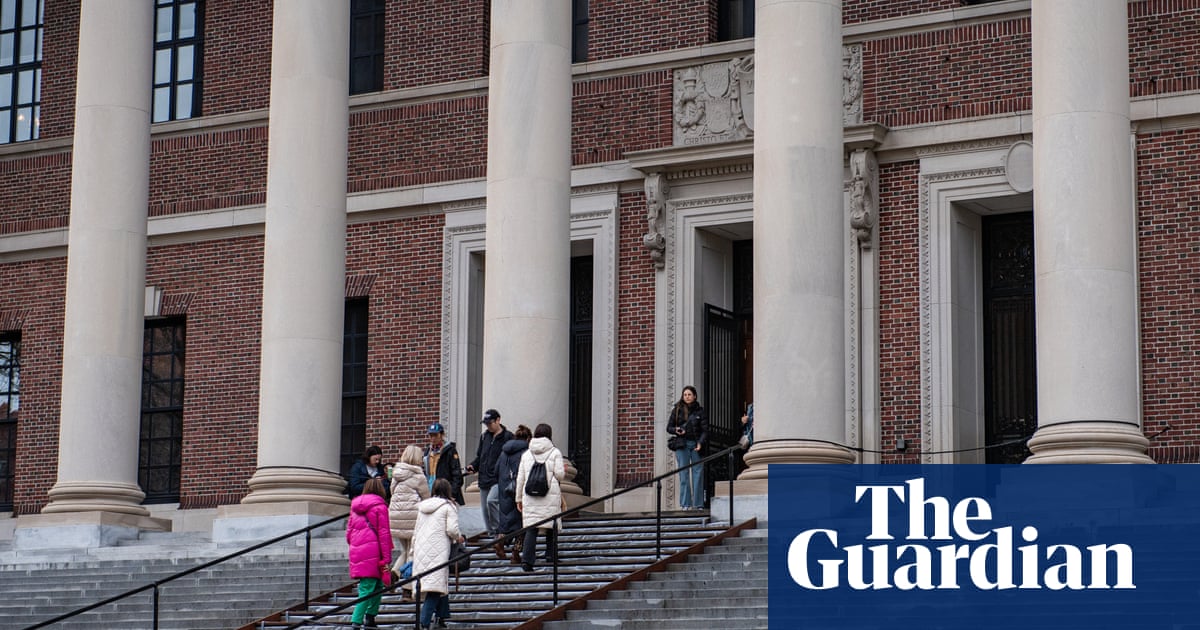Donald Trump recently criticized Harvard University, calling it a "joke" that "teaches hate and stupidity." He proposed that the university should lose federal funding after it resisted his administration’s demands. This confrontation has sparked a heated debate about academic freedom and government influence.
Harvard made headlines for being the first major university to stand up against pressures from the Trump administration. In retaliation, the government announced plans to freeze over $2 billion in grants and contracts with the university. Reports also indicated that the IRS might reconsider Harvard’s tax-exempt status.
Several political figures, as well as leaders from other universities, have come out in support of Harvard. They argue that the administration’s demands violate the institution’s independence. The president of Harvard, Alan Garber, emphasized that the university would not bow to government control, stating that such demands infringe on its First Amendment rights. He asserted that no government, regardless of its political alignment, should dictate how universities operate.
The Trump administration’s push for control stems from a broader review of universities related to accusations of antisemitism linked to protests against the war in Gaza last year. As part of this inquiry, Harvard received a list of demands, including closing diversity programs and sharing admission data with the government.
Other universities, such as Columbia and Stanford, quickly voiced their concerns. Columbia’s acting president rejected any agreement that limited the institution’s teaching autonomy. Similarly, Stanford’s leadership applauded Harvard’s stance, reinforcing the idea that the path to change should not involve dismantling scientific research and education.
Public figures like Barack Obama and Massachusetts Governor Maura Healey also expressed their support for Harvard’s resistance. Obama described the university’s decision as a powerful example of safeguarding academic freedom. Healey praised Harvard for standing up against what she saw as an unjust attempt by the Trump administration to intimidate educational institutions.
Overall, this conflict raises important questions about the relationship between higher education and government. A recent survey from the American Council on Education found that 67% of university leaders believe that political interference is growing, which poses a significant threat to academic independence.
As trends develop, discussions surrounding government influence on education are likely to intensify. The situation at Harvard exemplifies a broader struggle within the academic community, one that seeks to balance institutional independence with accountability in an increasingly polarized political landscape.
For more information about federal funding and its implications for universities, you can refer to resources like the American Council on Education or the National Association of Independent Colleges and Universities.










